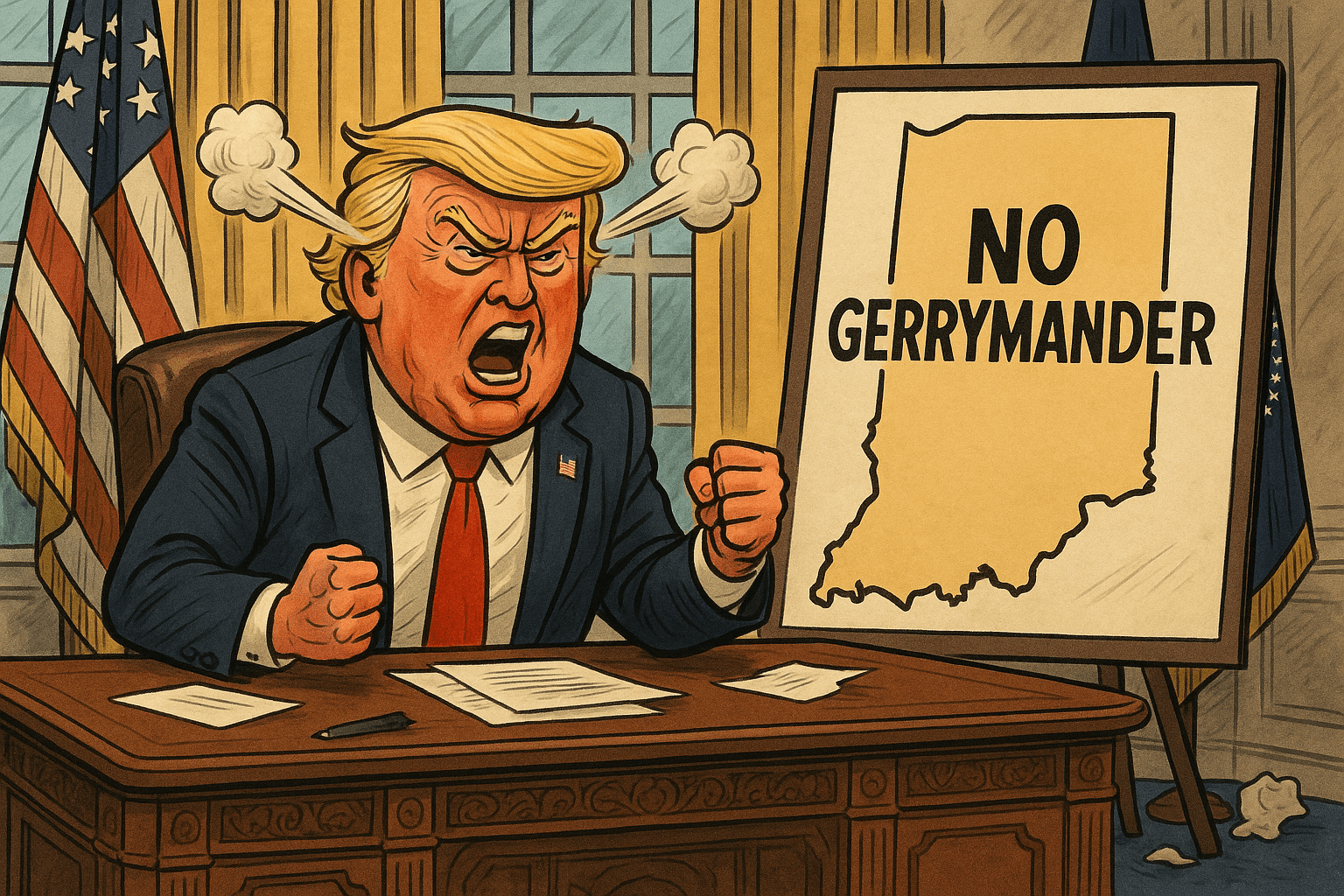The Illusion of Competition in American Elections

American elections are becoming less competitive, and the consequences are eroding democracy. As The New York Times journalists Nick Corasaniti and Michael Wines report this week, most congressional and state legislative races in 2024 were effectively decided by low-turnout primaries or weren’t contested at all.
Far fewer Americans participate in primaries than in general elections. “Last year, roughly 30 million voters cast a primary ballot in a congressional election,” compared to over 156 million who voted in the general election. This means that, in most cases, the primary—not the general—determines the winner. As a result, “vanishingly few voters” actually choose the people who go on to represent them.
This dynamic is especially stark in state legislatures, where “more than three-quarters of those primary races in 2024 were uncontested,” allowing many politicians to win office without any real opposition. “Most members of both parties, liberal and conservative, they’re more worried about losing their primary than losing the general election,” former RNC chair Haley Barbour told the New York Times. That fear pushes politicians further to the extremes as they cater to the most ideologically rigid voters in their party.
Even in states with high-profile elections, competition is often an illusion. In Georgia, “10 of the state’s 14 members of the U.S. House did not face a primary challenge,” while in deep-blue New York, “21 of the state’s 26 House members ran unopposed.” And even when primaries occur, they often don’t offer a real choice—only 287 out of 4,600 state legislative primaries in 2024 were “meaningful,” according to election strategist Michael Podhorzer.
This lack of competition isn’t accidental—it’s the result of a political system designed to serve the two major parties rather than the voters. As Katherine Gehl and Michael Porter explain in their brilliant book, The Politics Industry, “The parties have become a duopoly that controls the rules of the game, suppressing competition and prioritizing self-preservation over serving the public interest.” Gerrymandering, closed primaries, and first-past-the-post voting all reinforce this system, ensuring that most elections are settled long before the general vote is cast.
For voters, this reality leads to frustration and disillusionment. “They’ve gerrymandered everything,” said Rory Duncan, a Republican voter in Maryland. “We used to have a Republican, but they’ve gerrymandered it so much that there’s no way a Republican can get elected.”
Experts warn that elections will continue to favor more extreme candidates without real competition. “It’s becoming increasingly clear that over time, more extreme candidates are winning at both state legislative and congressional levels,” said political scientist Steven Rogers.
As Corasaniti and Wines point out, American elections are increasingly a “mirage of meaningfulness.” Unless major structural reforms occur—such as ranked-choice voting, open primaries, or independent redistricting commissions—polarization will deepen, and public trust in democracy will continue to crumble.
(Based on reporting by Nick Corasaniti and Michael Wines, The New York Times, Feb. 25, 2025, and The Politics Industry by Katherine Gehl and Michael Porter.
 Cara Brown McCormick
Cara Brown McCormick





